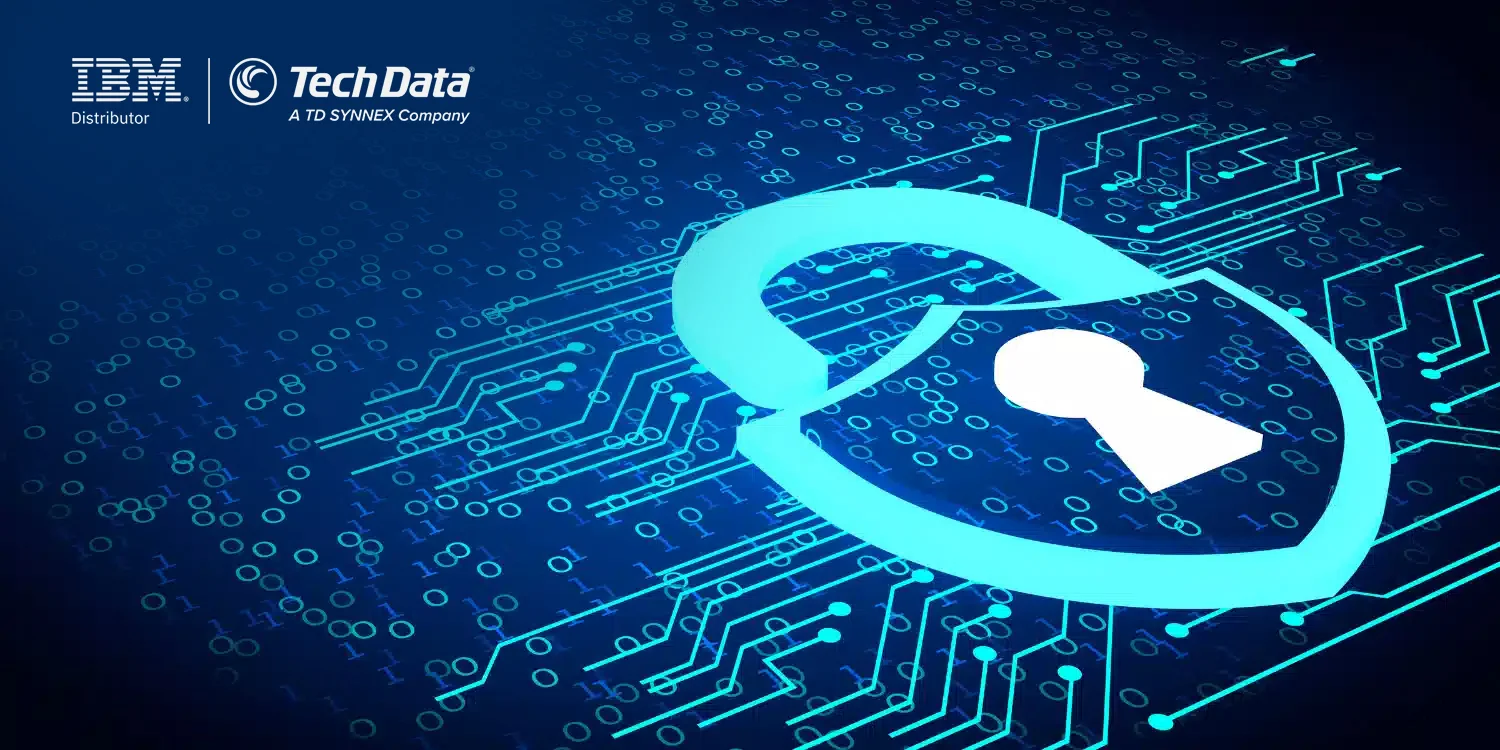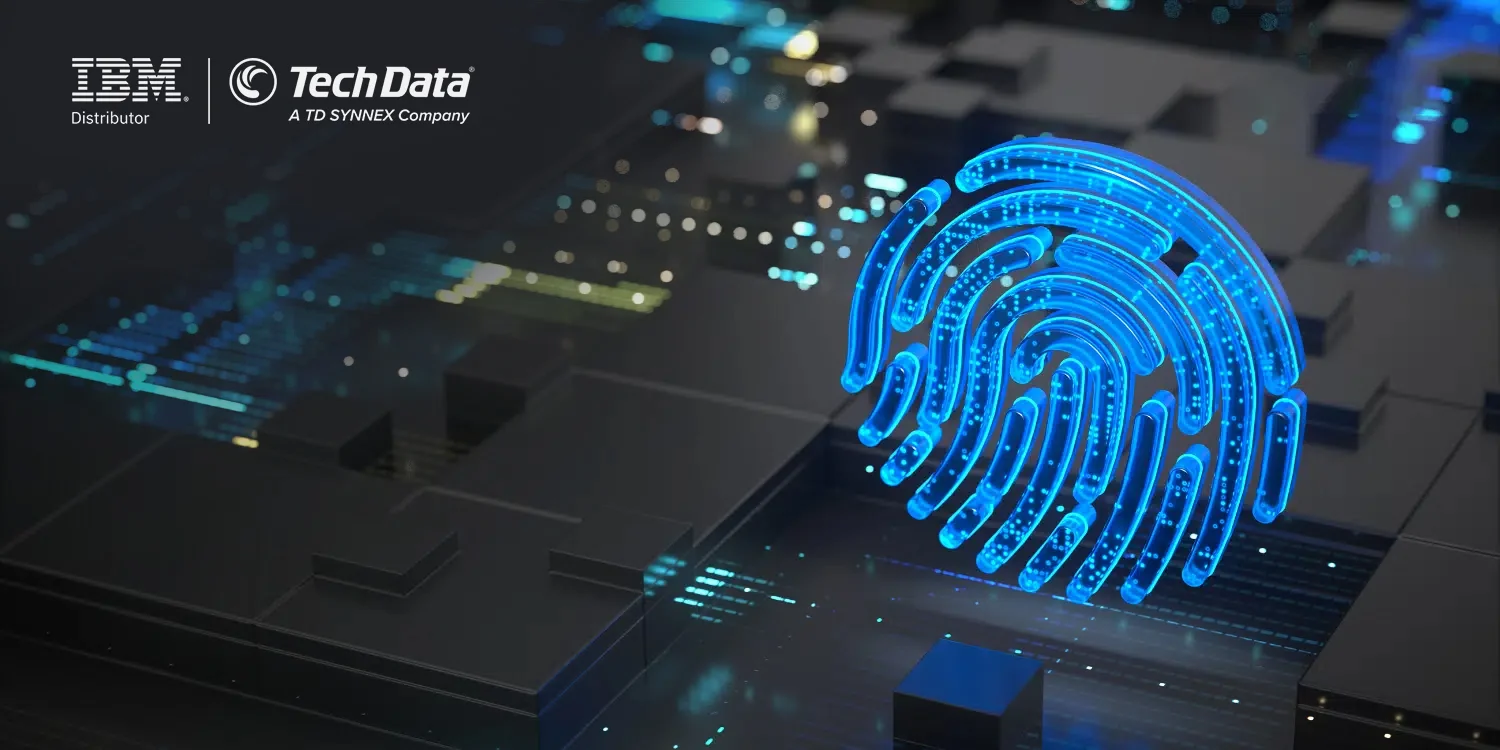Measure to protect data safety and security
Nowadays, data is considered as the “gold” of enterprises. But like gold, data needs to be carefully protected to avoid loss, theft, or misuse. This article will provide you with a comprehensive, up-to-date view of effective data protection measures. We will explore from the basic principles to advanced technology solutions, helping you build a solid data protection system.
Why Is Data Protection More Important Than Ever?
You might be thinking, “My company is small, so the data isn’t that important.” Or, “I already have antivirus software, so that should be enough.” Unfortunately, these are false thoughts that can have serious consequences.
- Increased risk of cyber attacks: According to a report by the National Cyber Security Center (NCSC), in 2023, Vietnam recorded more than 13,000 cyber attacks, an increase of 15.7% compared to 2022. These attacks not only target large corporations but also small and medium enterprises (SMEs). That’s why adopting practical measures to protect sensitive data is essential for every organization, regardless of size.
- Data protection laws are getting stricter: Decree 13/2023/ND-CP on personal data protection has come into effect since July 1, 2023, clearly defining the responsibilities of organizations and businesses in protecting personal data. For businesses in India, a data security summary India highlights how compliance requirements are tightening, emphasizing the need for robust security frameworks. Violations can lead to fines, suspension of operations, and even criminal prosecution.
- Data loss causes huge financial and reputational damage: An IBM Security survey in 2023 found that the average cost of a data breach in Vietnam is $4.65 million, up 12.7% from 2022. In addition to remediation costs, businesses also face reputational damage, loss of customers, and impact on business operations. Ensuring enterprise information safety is therefore not just about compliance but also about protecting brand reputation and long-term growth.
- Data is an invaluable asset: Customer data, product information, business secrets… are important assets that help businesses compete and develop. Losing data means losing competitive advantage, even bankruptcy.

Comprehensive Data Protection Measures: A Step-by-Step Guide
So, how to protect your business data effectively? Here are 9 comprehensive data protection measures you should apply:
Building a Data Security Policy
This is the foundation of any data protection system. The data security policy should clearly define:
- Scope: What data needs to be protected? (e.g., customer data, financial data, HR data…)
- Roles and responsibilities: Who is responsible for data protection? (e.g., IT department, legal department, department heads…)
- Process: How is data protected? (e.g., backup process, encryption process, breach handling process…)
- Standards: What level of data security is sufficient? (e.g., ISO 27001 compliance, PCI DSS…)
- Training: Provide regular security training to employees to improve data protection awareness and skills.
Data Encryption
Data encryption is the process of converting data into an unreadable format that can only be deciphered with a decryption key. Encryption helps protect data even if it is stolen or accessed without authorization.
- Encryption at rest: Encrypts data while it is stored on hard drives, servers, or other storage devices.
- Encryption in transit: Encrypting data as it is transmitted over a network, the internet, or other communication channels.
Access Control
Access control is the process of restricting access to data, allowing only authorized users to access it. There are many different methods of access control, including:
- Authentication: Verify the user’s identity before allowing access.
- Authorization: Determines the user’s permissions after authentication.
- Auditing: Record all data access activities to monitor and detect unusual behavior.

Data Backup and Recovery
Data backup is the process of creating a copy of data and storing it in a safe location. Data recovery is the process of restoring data from a backup when the original data is lost or corrupted. Data backup and recovery are important measures to protect data from incidents such as cyber attacks, hardware failures, or natural disasters.
Intrusion Detection and Monitoring
Intrusion monitoring and detection is the process of monitoring network and system activity to detect signs of attacks or unauthorized intrusions. You can use an intrusion detection system (IDS) or an intrusion prevention system (IPS) to monitor and detect intrusions.
Security Incident Response
Security incident response is the process of handling security incidents such as cyberattacks, data breaches, or device theft. You can create a security incident response plan to guide employees on how to handle security incidents.
The Future of Data Protection: Trends and Challenges
Data protection is an ever-evolving field, with new trends and challenges constantly emerging. Here are some of the key trends and challenges for the future of data protection:
- AI and Machine Learning: AI and machine learning are increasingly being used to automate security tasks, detect threats, and improve incident response.
- Cloud Computing: Cloud computing offers many benefits in terms of flexibility and scalability, but also poses new challenges in terms of data security.
- Internet of Things (IoT): The number of IoT devices is growing rapidly, creating a larger attack surface and further complicating data protection.
- Legal Regulations: Legal regulations on data protection are increasingly strict, requiring businesses to strictly comply.
- Human Resource Shortage: The shortage of skilled cybersecurity workers is a major challenge for businesses.
IBM – Providing Advanced, Secure Data Management and Security Solutions
In a world where cyber threats are becoming increasingly sophisticated, implementing basic data protection measures may not be enough to keep your business data safe. Advanced data protection solutions use AI, automation, and big data analytics to effectively detect and prevent cyberattacks.
Tech Data, the official distributor of IBM in India, is proud to bring you IBM server solutions, AI server systems, and highly secure server systems, helping you build a solid data protection system.

Solutions Offered by IBM Include:
- IBM Storage FlashSystem: High-performance, secure, and flexible data storage solutions that help you speed data access, reduce storage costs, and protect data from threats.
- IBM Guardium: A comprehensive data security solution that helps you monitor, protect, and comply with data protection regulations across your entire data environment.
- IBM Instana: A powerful application performance monitoring (APM) solution that helps you detect and resolve application performance issues quickly, minimizing the risk of data loss due to application failures.
- IBM Watsonx.ai: The leading AI platform that helps you build and deploy AI applications to automate security tasks, detect threats, and improve incident response.
- IBM Apptio Cloudability: Cloud cost management solution that helps you optimize cloud usage costs and ensure cloud data security.
Why Tech Data and IBM?
- Experience: Tech Data has many years of experience in the field of servers, security, and data storage solutions.
- Expertise: Tech Data’s team of experts has extensive knowledge of IBM solutions and can advise you on the solution that best suits your business needs.
- Support: Tech Data provides professional and dedicated technical support services to help you deploy and use IBM solutions effectively.
- Comprehensive Solutions: IBM offers a comprehensive range of data protection solutions, from storage, security, to analytics and AI applications, helping you build a solid data protection system.
Data protection is a complex and important task that requires an investment of time, effort, and resources. By implementing comprehensive data protection measures, using advanced data protection solutions, and raising cybersecurity awareness among employees, you can protect your business data from threats and ensure success in the digital age.
Remember, data protection is not a destination, but a continuous journey.









